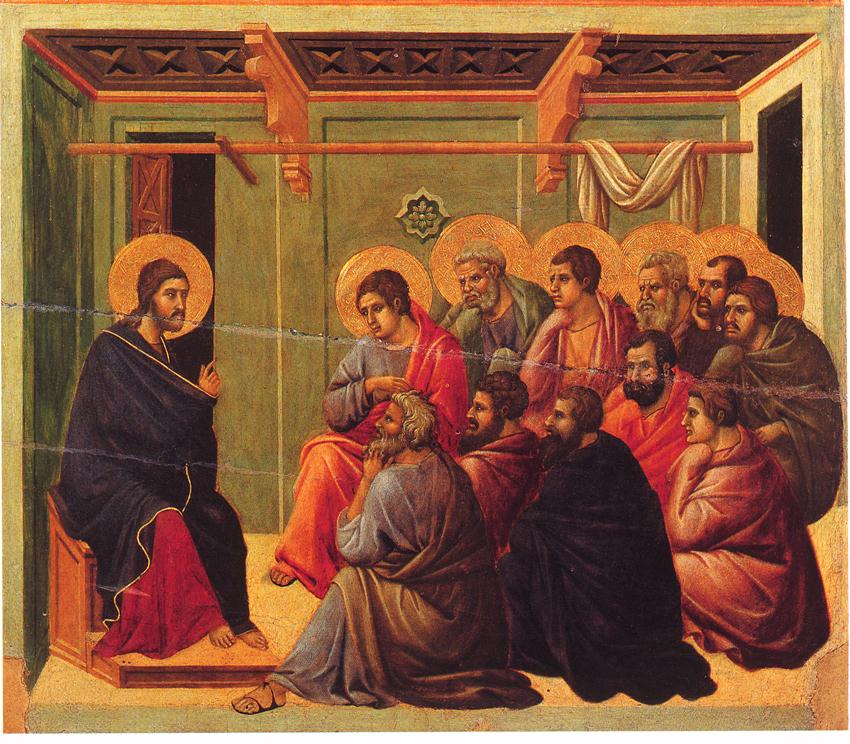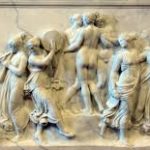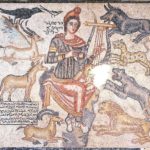Ancient Roman Speeches: In ancient Greece and Rome, oratory was studied as a component of rhetoric and was an important skill in public and private life. The first known work elaborating principles drawn from the practices and experiences of orators in ancient Greece was written over 3000 years ago.
Public Speaking Techniques
The art of public speaking was first developed by the ancient Greeks. Greek oration is known from the works of classical antiquity. Greek orators spoke as on their own behalf rather as representatives of either a client or a constituency, and so any citizen who wished to succeed in court, in politics, or in social life had to learn techniques of public speaking.
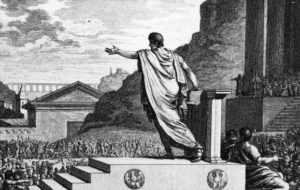
Though Greece eventually lost political sovereignty, the Greek culture of training in public speaking was adopted virtually wholesale by the Romans.
Aristotle and Quintilian discussed oratory, and the subject, with definitive rules and models, was emphasized as a part of a liberal arts education during the Middle Ages and Renaissance. Prior to becoming an empire, Roman government was best described as a democratic oligarchy in which public speaking was a powerful political tool.
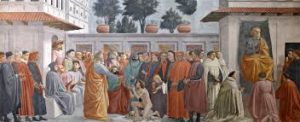
Upper-class young men and even some women were required to study the art of persuasive speech as part of their regular education. In early Roman times, knowledge of rhetoric and the ability to craft a persuasive public speech were most important in legislative assemblies and judicial courts.
Ancient Roman Speeches Skills
These skills were taught first by a group of self-styled “sophists” who were known to charge fees, to “make the weaker argument the stronger,” and to make their students “better” through instruction in excellence.
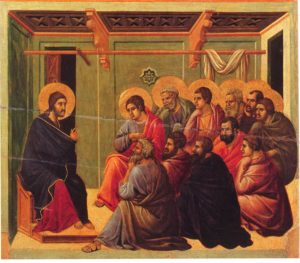
Plato, Aristotle, and Isocrates all developed theories of public speaking in opposition to the Sophists, and their ideas took on institutional form through the development of permanent schools where public speaking was taught.
After the ascension of Rome, Greek techniques of public speaking were copied and modified by the Romans. Under Roman influence, instruction in rhetoric developed into a full curriculum including instruction in grammar (the study of the poets), preliminary exercises (Progymnasmata), and preparation of public speeches (declamation) in both forensic and deliberative genres.
Ancient Roman Public Speaking
The Latin style was heavily influenced by Cicero, and involved a strong emphasis on a broad education in all areas of humanistic study (in the liberal arts, including philosophy), as well as on the use of wit and humor, on appeal to the listener’s emotions, and on digressions, often used to explore general themes related to the specific topic of the speech.
